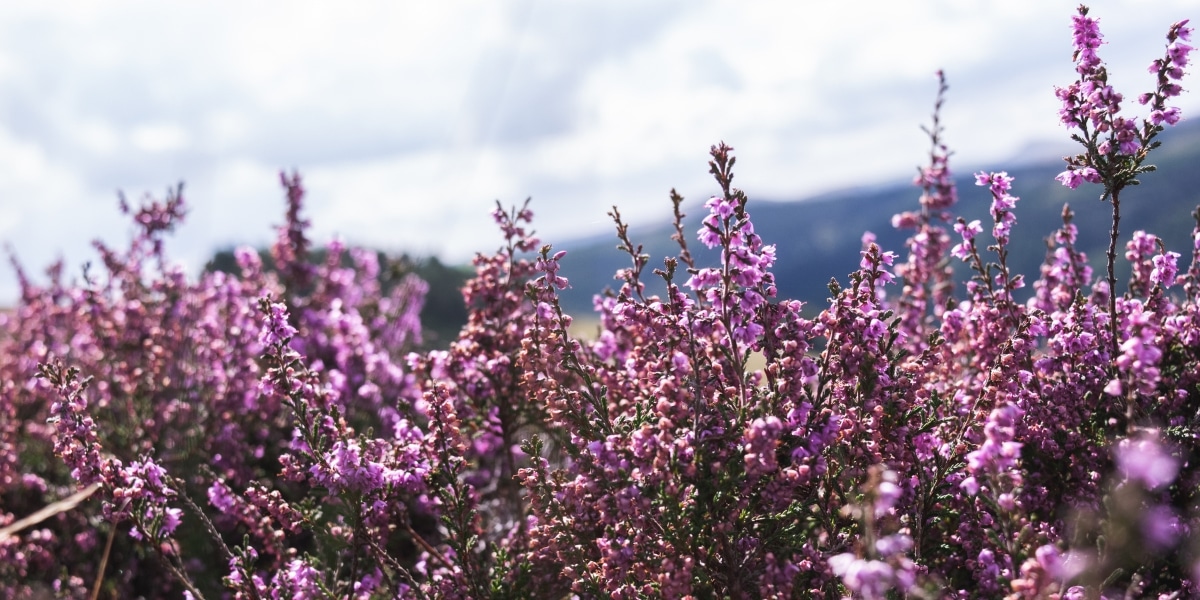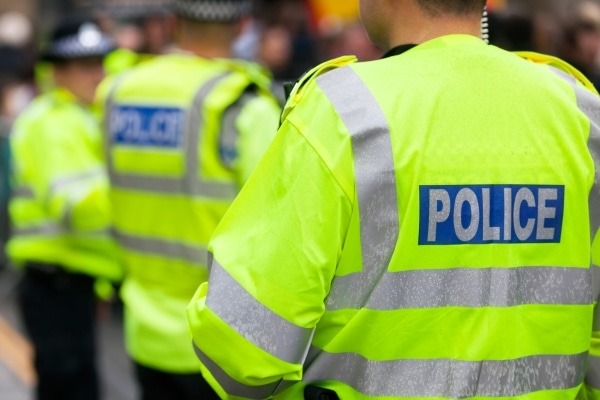
Minister ‘appalled’ by widespread gamekeeper abuse
A Scottish Government Minister has written to BASC to say he is ‘appalled’ by widespread gamekeeper abuse in Scotland.
Get information on the legal shooting season for mammals and birds in the UK.
Apply for funding for your project or make a donation today
Comprehensive information and advice from our specialist firearms team.
Everything you need to know about shotgun, rifle and airgun ammunition.
Find our up-to-date information, advice and links to government resources.
Everything you need to know on firearms law and licensing.
All the latest news and advice on general licences and how they affect you.

BASC is asking all members in Scotland to complete the NatureScot Species Licensing Review questionnaire.
The online form takes less than five minutes to complete. The deadline for responses is 20 November 2024.
It is vital your voice is heard, given there is a risk that the review could lead to significant changes. This could for example include an increase in licence costs in Scotland.
The Review is being conducted by NatureScot to determine whether they should re-examine species licensing functions. It is based on three main elements:
BASC has concerns around all three of the Species Licensing Review elements, and opposes the principle of charging for species licensing and the creation of a public register for issued licences. We have produced guidance on how to complete the online form which you’ll find below. The questionnaire consists of nine questions and should only take a few minutes to complete.
Where applicable you should base your responses on your own situation and knowledge, using your own words. There is limited room for written responses.
Question 1. This the section where you put in the details of your particular interest in species licensing or your profession.
Question 2. This question has some additional information relating to ‘licensing lethal control’ and seeks general comments on the principles underpinning NatureScot’s current processes for licensing it.
Suggested response: Highlight that issuing of any licences should be based on evidence and not influenced by public or political opinion. The least burdensome approach, e.g. the use of general licences, should be the preferred route before using individual licensing and there should be no unnecessary restrictions.
Question 3. Relates to the potential introduction of cost recovery or charging for licences, asking: Do you support the principle of charging for species licensing?
Suggested response: ‘No’.
Question 4. Asks you to indicate your preference regarding either a standard cost for all licences, or tiered costs according to complexity and public interest.
Suggested response: ‘Tiered costs’
Question 5. Asks you to provide justification for your response to Q4, in your own words.
Suggested response: Point out that the form does not give you an option to register opposition to the proposal and reaffirm that you do not support it. You can add that if charges were to be introduced there should be exemptions or waivers for any licences for certain purposes such as conservation, protecting livestock, crops, property or public health. You may also wish to explain why this would be important to you.
Question 6. Identifies options NatureScot has identified for cost recovery and seeks views on these. The options include:
Suggested response: Again state that you oppose the principle of cost recovery and that the meaning of ‘public interest’ is unclear. Specify any concerns you have about how such a term might be interpreted. Add that if any such measures were to be introduced, several key areas, such as those for conservation, protecting livestock, crops, property or public health, should be automatically excluded from any charging regime.
Include any views you have on the wider charging aspects, e.g. if you think charges could be disproportionate or deter people from applying.
Question 7. Advises that NatureScot is considering the development of a public register for issued licences and asks what information you would want to be included in any such register.
Suggested response: Say you do not support creating such a register. Highlight any concerns regarding the security of the data and / or if you feel there is a risk the register could be used to disrupt your lawful activities.
Question 8. Asks how would you use a public register of licences.
Suggested response: Reaffirm that you do not support such a register. Highlight the lack of detail supplied on how such a register would operate and reiterate your concerns over security from Q7.
Question 9. Asks if you would want the register to be open to interrogation (able to return filtered data/specific searches).
Suggested response: As for Q7 and Q8. You may wish to list any specific concerns you have relating to your stored information being searchable.

A Scottish Government Minister has written to BASC to say he is ‘appalled’ by widespread gamekeeper abuse in Scotland.

BASC opposes a proposal to ban snares in Wales and is calling on the Welsh Government to justify the plans by producing scientific evidence.

Gloucestershire firearms licensing procedures have taken a significant step forward following sustained pressure from BASC.
Sign up to our weekly newsletter and get all the latest updates straight to your inbox.
© 2025 British Association for Shooting and Conservation. Registered Office: Marford Mill, Rossett, Wrexham, LL12 0HL – Registered Society No: 28488R. BASC is a trading name of the British Association for Shooting and Conservation Limited which is authorised and regulated by the Financial Conduct Authority (FCA) under firm reference number 311937.
BASC Direct Ltd is an Introducer Appointed Representative of Agria Pet Insurance Ltd who administer the insurance and is authorised and regulated by the Financial Conduct Authority, Financial Services Register Number 496160. Agria Pet Insurance is registered and incorporated in England and Wales with registered number 04258783. Registered office: First Floor, Blue Leanie, Walton Street, Aylesbury, Buckinghamshire, HP21 7QW. Agria insurance policies are underwritten by Agria Försäkring.
If you have any questions or complaints about your BASC membership insurance cover, please email us. More information about resolving complaints can be found on the FCA website or on the EU ODR platform.